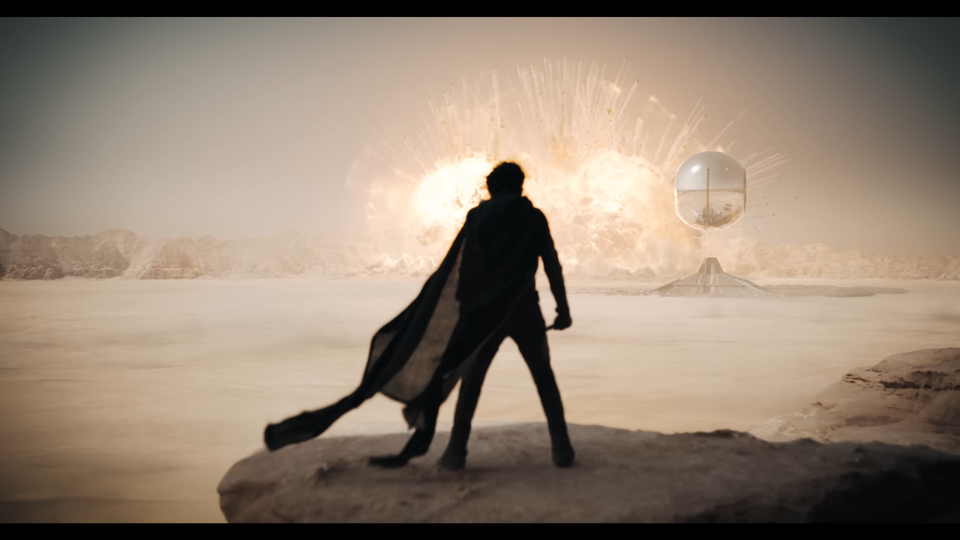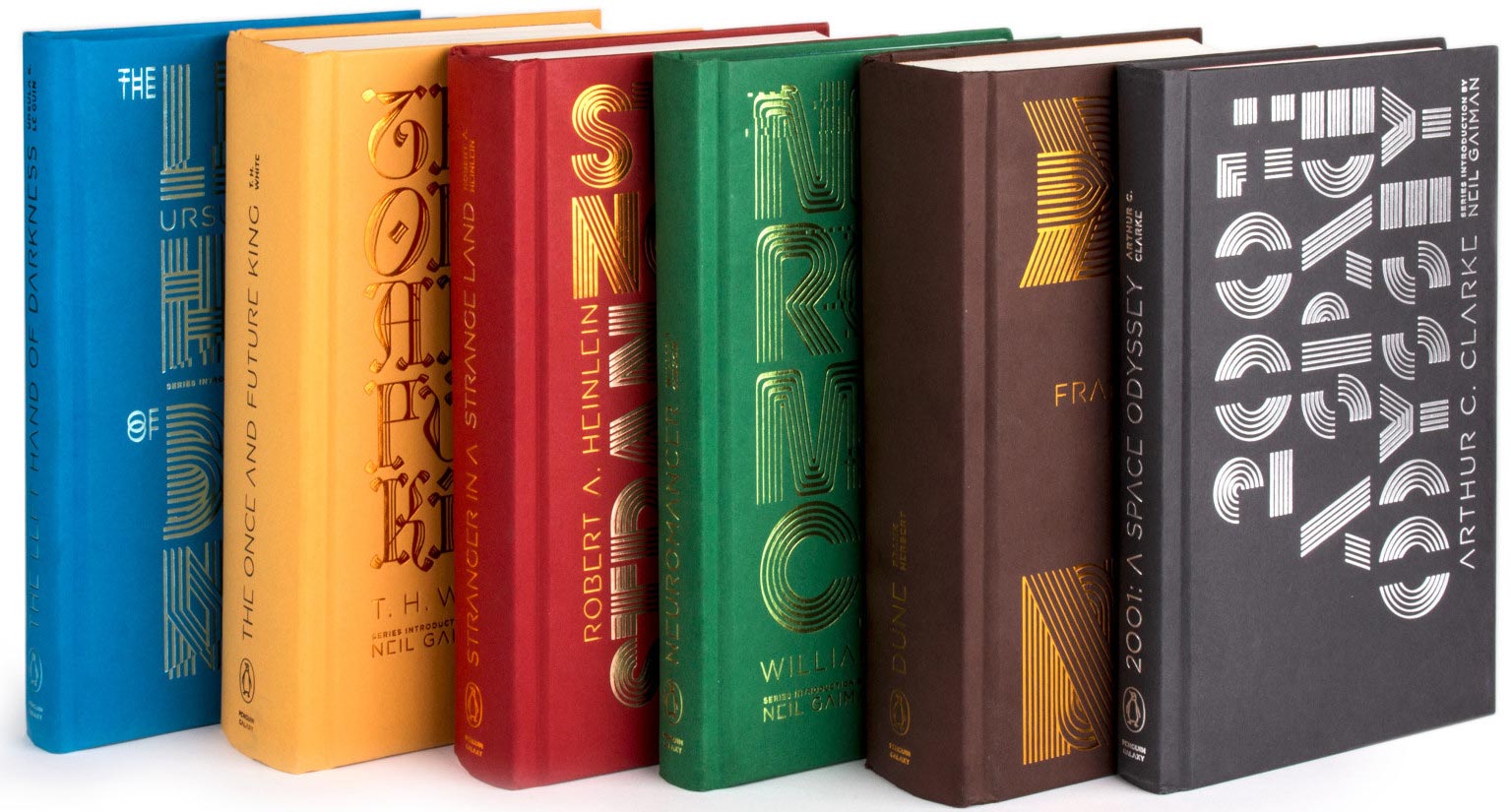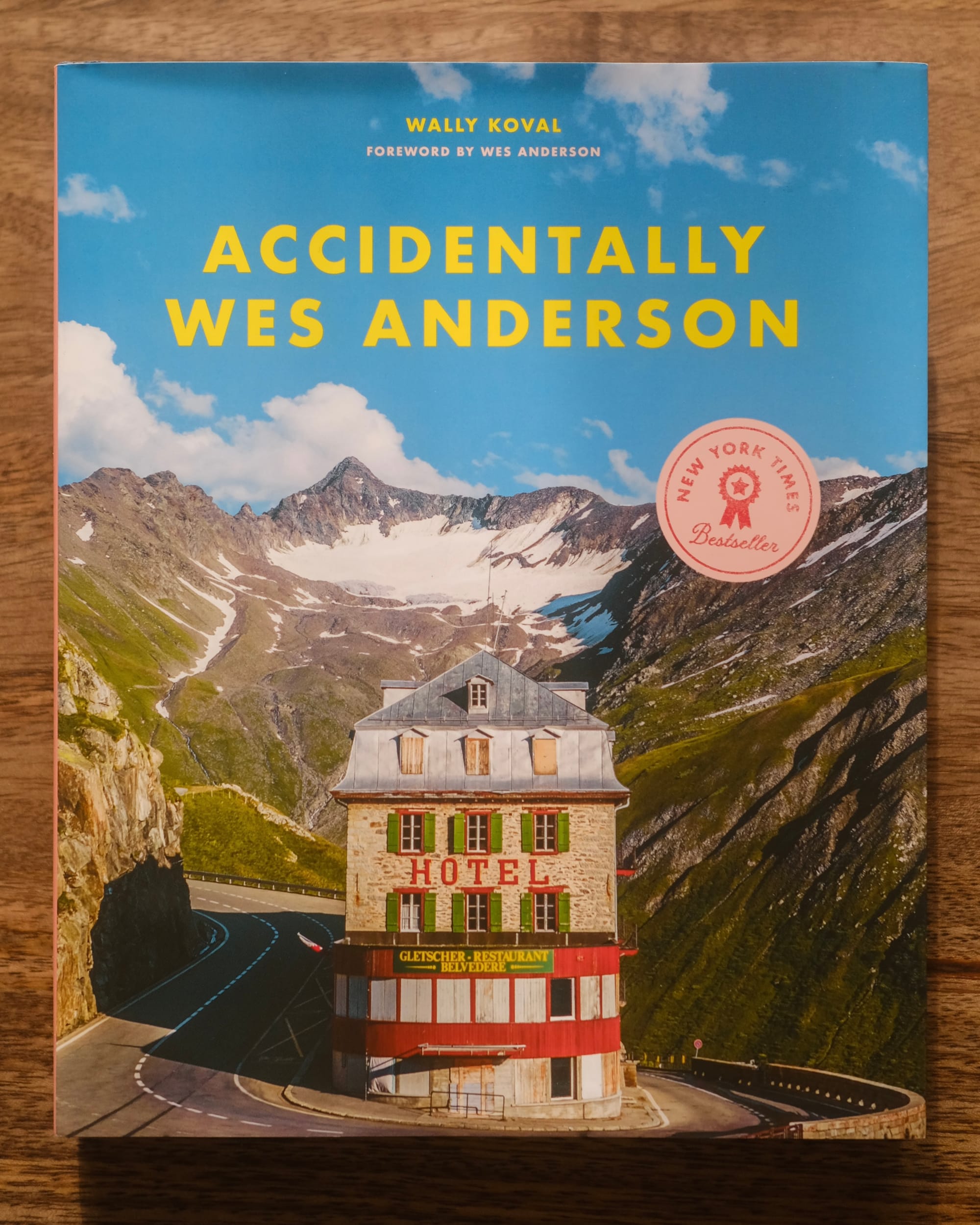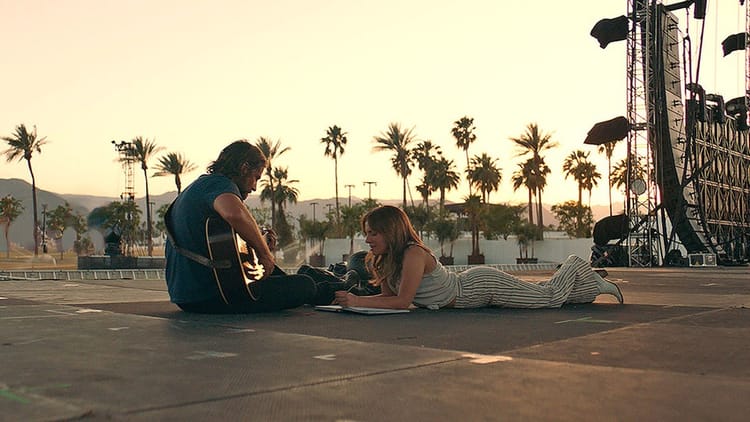Movies: Better or worse than they used to be?

Plus – Dune & The Royal Tenenbaums
This is my Weekly Roundup — June 23rd
Welcome to Weekly Roundup, where we explore captivating films, books, and stories that grabbed our attention this week.
Are movies getting worse?
I was inspired by this post on Substack where Ted Gioia, The Honest Broker, talked briefly about a trend in music streaming. Old music—in this study older than 18+ months, so not that old—is increasing its share in music streaming. As of 2023, 72% of streams are from “old music”.
Cause and effect are hard to pinpoint here. Increased copyright concerns, the revival of vinyl, comeback/nostalgia tours—are these symptoms of a music industry failing (new artists) or an actual representation of our current taste?
Since I’m more cinephile than audiophile, I quickly wondered if the same could be said about the movie industry. I feel a similar sentiment. When choosing a movie to watch, we hesitate on new releases in favor of something that has a reputation and has stood the test of time.
Put bluntly, I wondered if my tastes have really changed that much or if new movies are really that bad. There was a time, before I met V, when Marvel and superhero movies were my favorites. Now, my preferences have definitely changed, but there have been multiple recent releases that I have turned off after 20 minutes because they were unwatchable.
The problem now is finding older movies on the streaming services. It’s the opposite of the music industry where the studios are buying all the rights to older music, leaving little room for new artists. Here, all of the streaming services have their own “originals” that are pushed so heavily that older movies are an afterthought, if not forgotten altogether. I read somewhere that Netflix offers a couple thousand fewer titles than a decade ago. Maybe that’s a win against streaming fatigue—where you spend so much time trying to choose what to watch that you lose interest in watching anything at all—but when that comes at the cost of solely non-Netflix-produced content, it’s a definite loss.
Let's not also overlook that these "originals" are anything but. They are driven by algorithms looking to make a quick buck. Advertised heavily to get audiences to tune in at the release, the studios and streaming platforms do not care if you ever rewatch a movie. As long as they keep the hamster wheel of new releases churning to ensure you keep your membership from month to month, they are happy. These new releases have no stickiness though; we're effectively creating disposable movies. In the next decade, nobody will be watching this year's hottest Netflix release, but I guarantee they'll still be watching classics from 50 years ago.
Since data will only get us so far, I’m curious, anecdotally, how people feel. Are movies better or worse than they were before? What about music? Are you team classics and nostalgia, or new releases and Netflix original programming?
Watches of the week
- Dune (2021) by Denis Villeneuve - 👍
- Dune: Part Two (2024) by Denis Villeneuve - 👍👍
- The Royal Tenenbaums (2001) by Wes Anderson - 👍
Dune
This is at least the third time I’ve mentioned it, so if you’re not sick of hearing it already, you will be. The order in which you experience a story, either book first or movie first, matters. Typically, I am on team book first. More than not, it’s the source material and, therefore, has to precede the movie—I don’t think I’ve ever heard of a movie turned into a book, but I’m sure they are out there. Also, due to budget and viewing time constraints for film, they’re always forced to take some liberties.
For my birthday last year, one of V’s friends gave me a collection of classic science fiction novels curated and forwarded by Neil Gaiman. Amongst them was, of course, the 1965 novel Dune by Frank Herbert. Since this was 2023 and we were in the middle of Dennis Villeneuve’s Dune film series, I was hesitant to start the book. I at least wanted to go into Dune: Part Two with fresh eyes. I am glad that I did.

As my first foray into Dune (I had not read the book nor seen David Lynch’s 1984 version), the 2021 movie piqued my interest and got me hooked. I felt impatient waiting for the next installment, which wouldn't arrive for another two years. Not knowing anything about the franchise, I found the world it was set in and the beginning story of Paul Atreides (Timothée Chalamet) enticing. The cast of the movie is impressive. When the list of notable actors spans the entire IMDB page, you know that’s a good sign.
In my opinion, Dune: Part Two took the volume, and cranked it to 11. Even more notable actors are added to a cast already full of stars, and Paul continues down his path of a charismatic leader hellbent on revenge, caught somewhere between good and evil. Visually stunning, the cinematography is top-notch and the whole reason I am glad that I waited until watching these first two parts before starting the book.



A great collection of some of the best shots in Dune: Part Two.
My imagination is adequate. Not stellar, but it gets the job done while reading. Unless it’s the beautiful imagery and lyrical prose of writers like Jack London or Jim Harrison, the scenes in my head are probably a little sparse. Now, as I read the book version of Dune, I will clearly picture the world created by Dennis Villeneuve and make it that much more enjoyable. That is until I uncover any major plot holes over the remaining 500+ pages.
Either way, both parts of Dennis Villeneuve’s Dune are great watches with Part Two getting the nod from me, but I am interested in the opinions of anyone who’s read the book before watching.
The Royal Tenenbaums
I finally got around to watching one of Wes Anderson’s early movies, The Royal Tenenbaums. If you’ve seen any of his other movies, you know he’s no stranger to casting an impressive ensemble of actors. If you’ve seen more than one, you know the same core cast often appears. This time, Gene Hackman, Angelica Houston, Bill Murray, Ben Stiller, Gwyneth Paltrow, and the Wilson brothers Owen and Luke make up the titular family.
The Tenenbaum’s are as eccentric as they are dysfunctional. A clan of former child prodigies, Chas, Richie, and Margot, have struggled with the transition to adulthood after their parents' separation.
The Royal Tenenbaums is the earliest Wes Anderson movie that I’ve seen, with only Rushmore (1998) and Bottle Rocket (1996) preceding it in chronology. So, while I can’t speak for those two movies, at this point, he is already using his signature visual style. His use of bright, bold, and often pastel colors are hallmarks of his films, creating a distinctive and whimsical atmosphere. This aesthetic has become so iconic that it has even spawned a cult following of Accidentally Wes Anderson, where people submit photos from across the world of scenes fit for his movies.

Reader Recommendations
Now, I want to hear from you! What movies, books, or articles captured your attention this week? Share your top picks in the comments below; your insights might just lead someone to their next favorite film or book.
Stay tuned until next week!
Was this forwarded to you? Subscribe here!




Comments ()